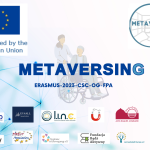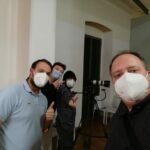Erasmus+ project ‘Innovative digital approaches in learning environment in European schools’.
Learning activity organized by SCIENTIA NOVA Association in Kavadarci, June 27th till July 1st, 2022.
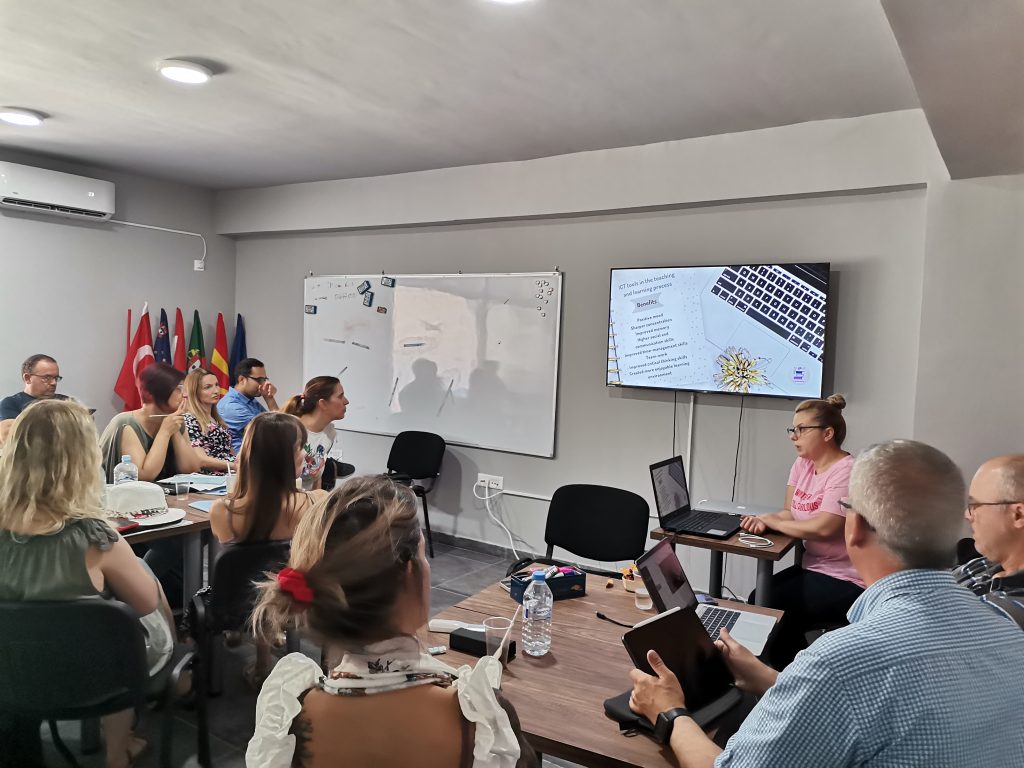
The learning activity was organized in workshops where were presented approaches to boost students’ interest in computer games, tablets and smart phones, knowing how to use them in order to become new creators. Teachers weren’t only introduced to educational computer games, but also became able to create their own educational games using their favorite technological devices. Each partner team presented approach/tool/methods to the other teachers in order to exchange good practice.
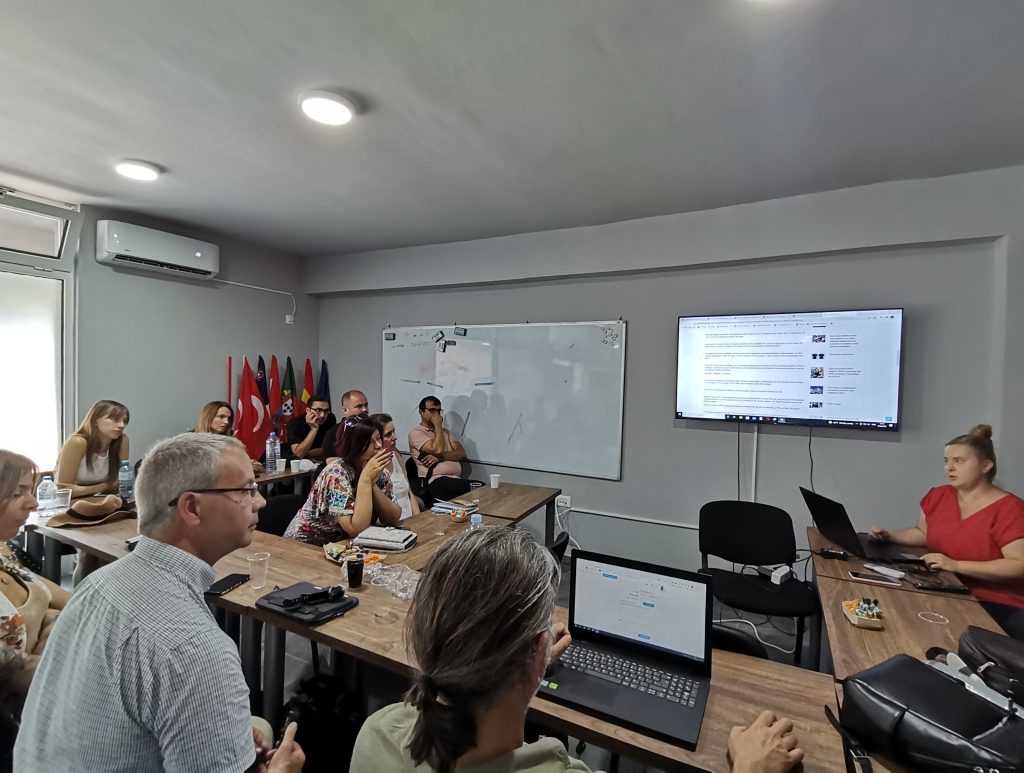
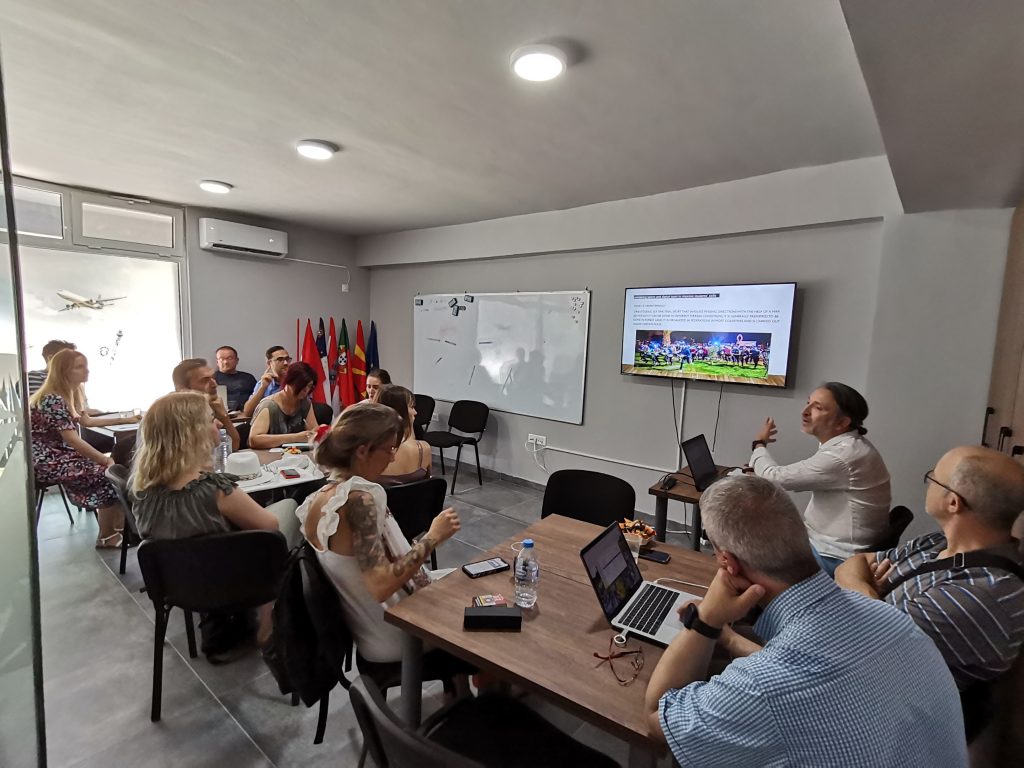
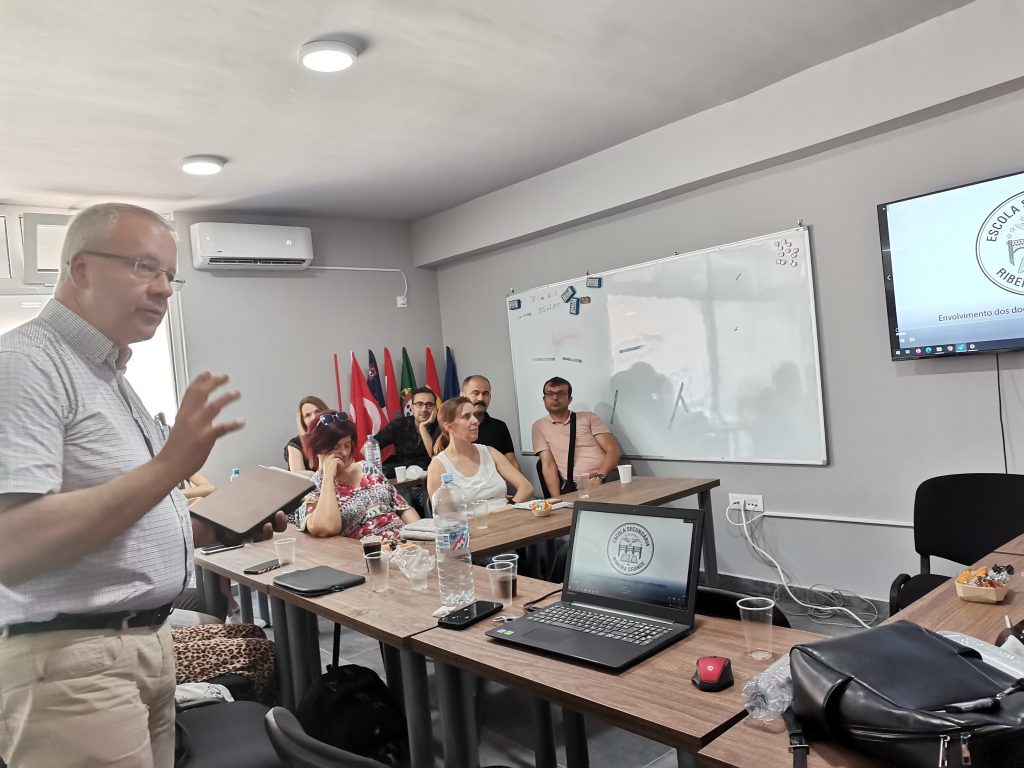
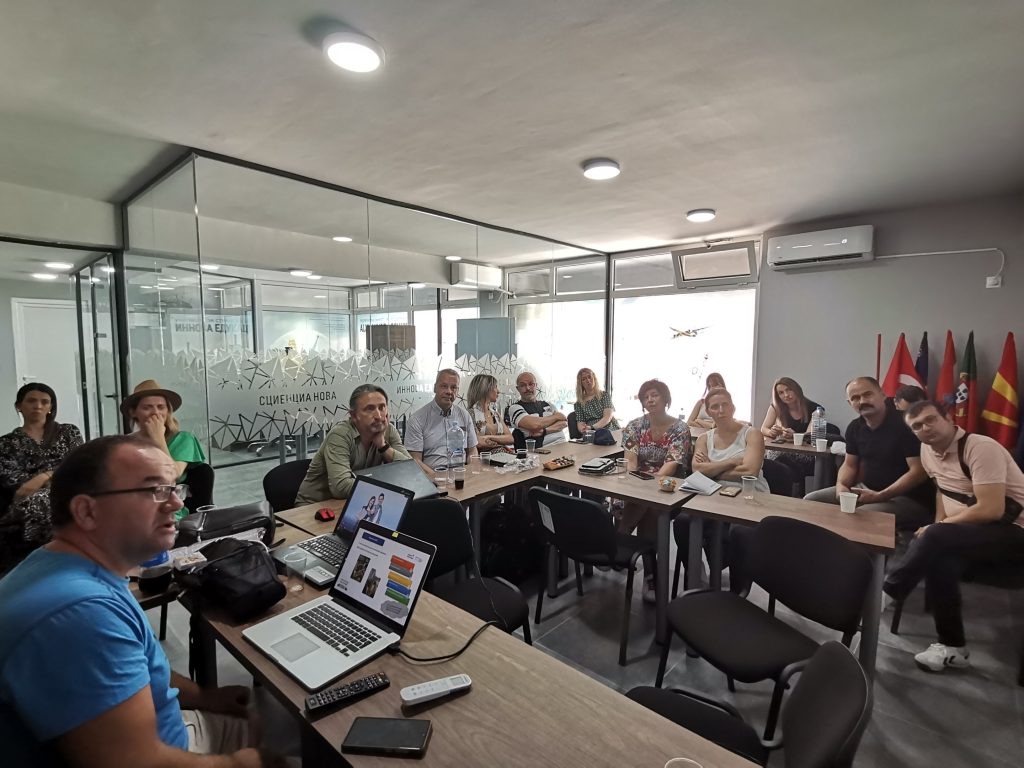
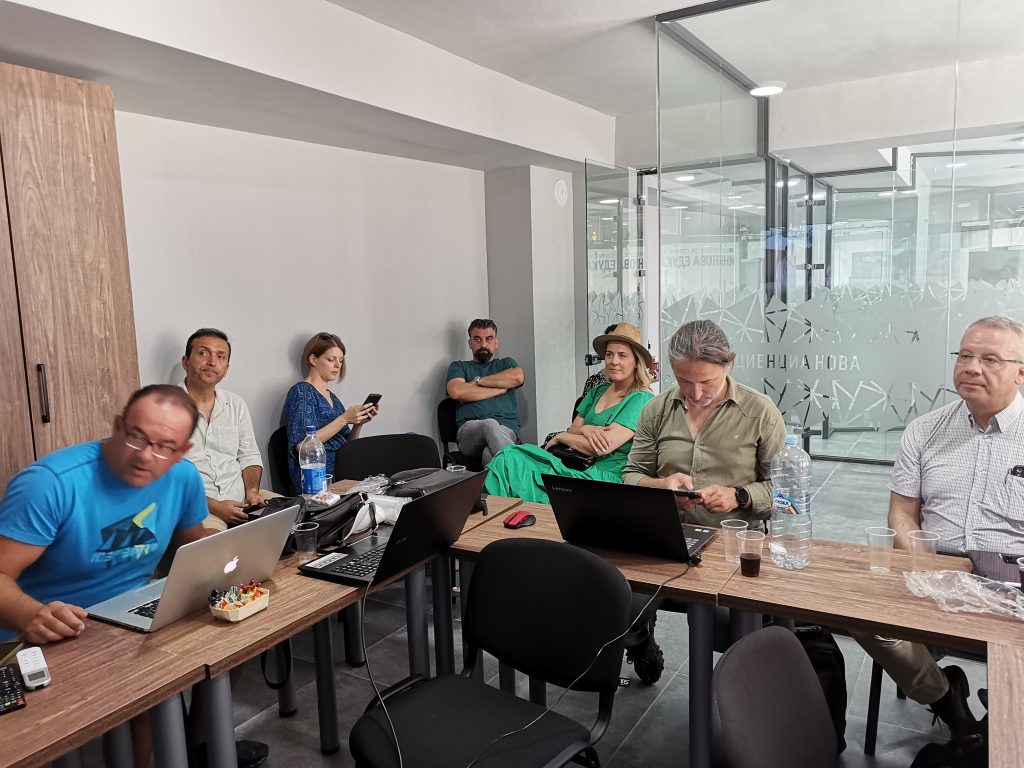
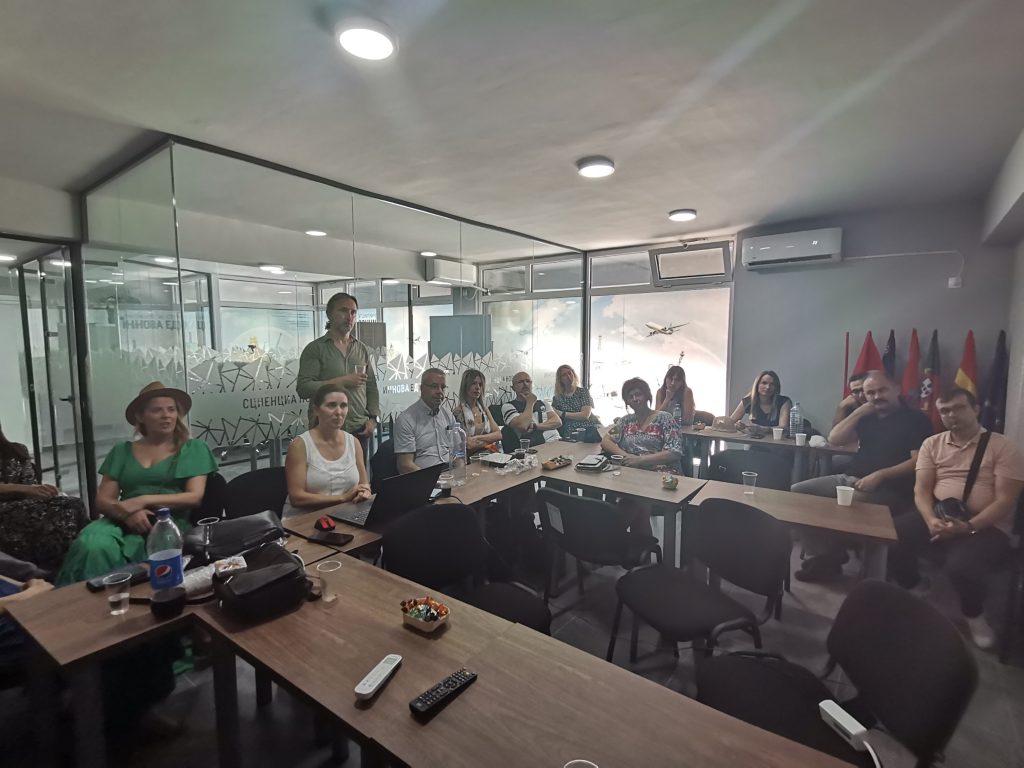
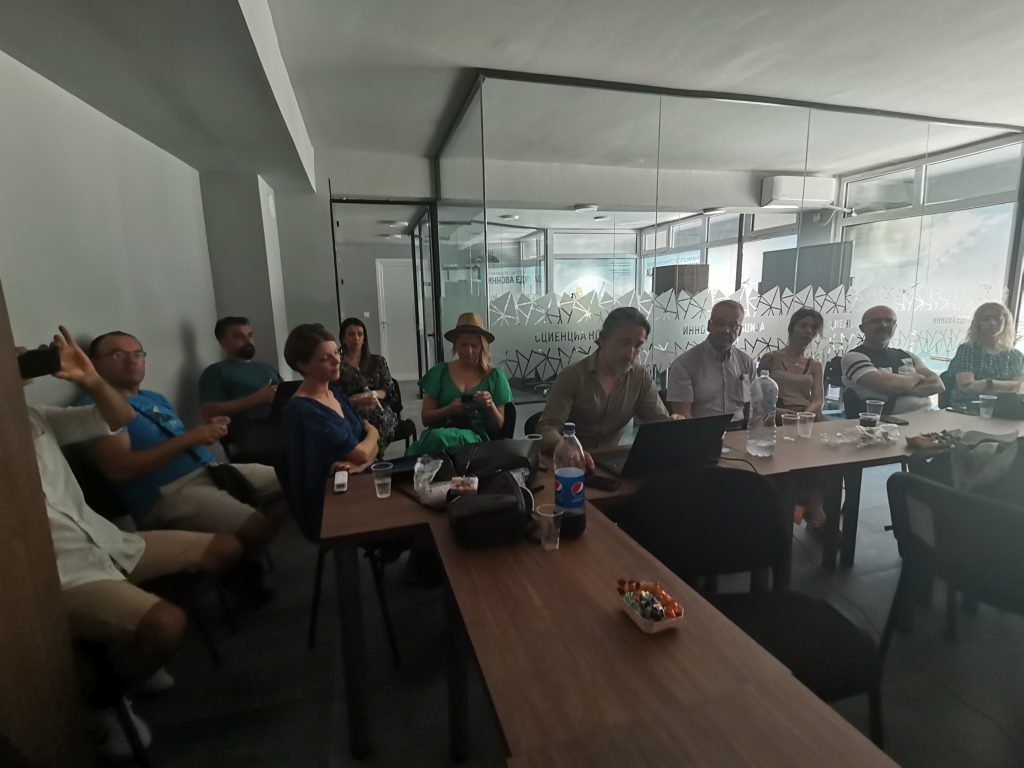
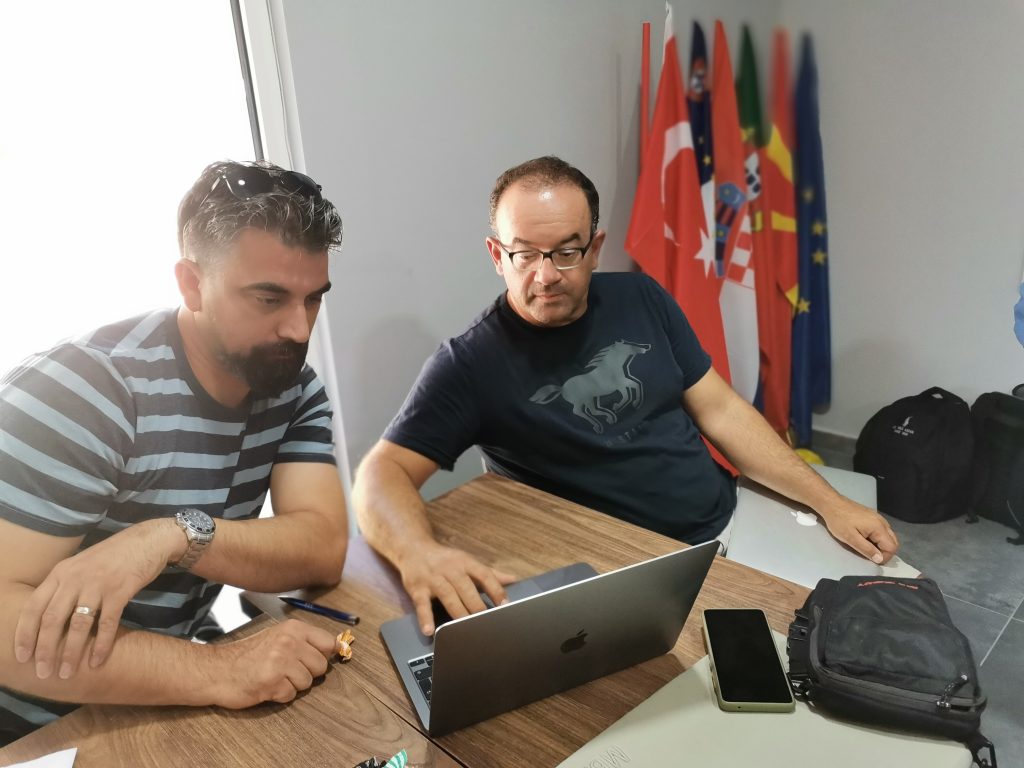
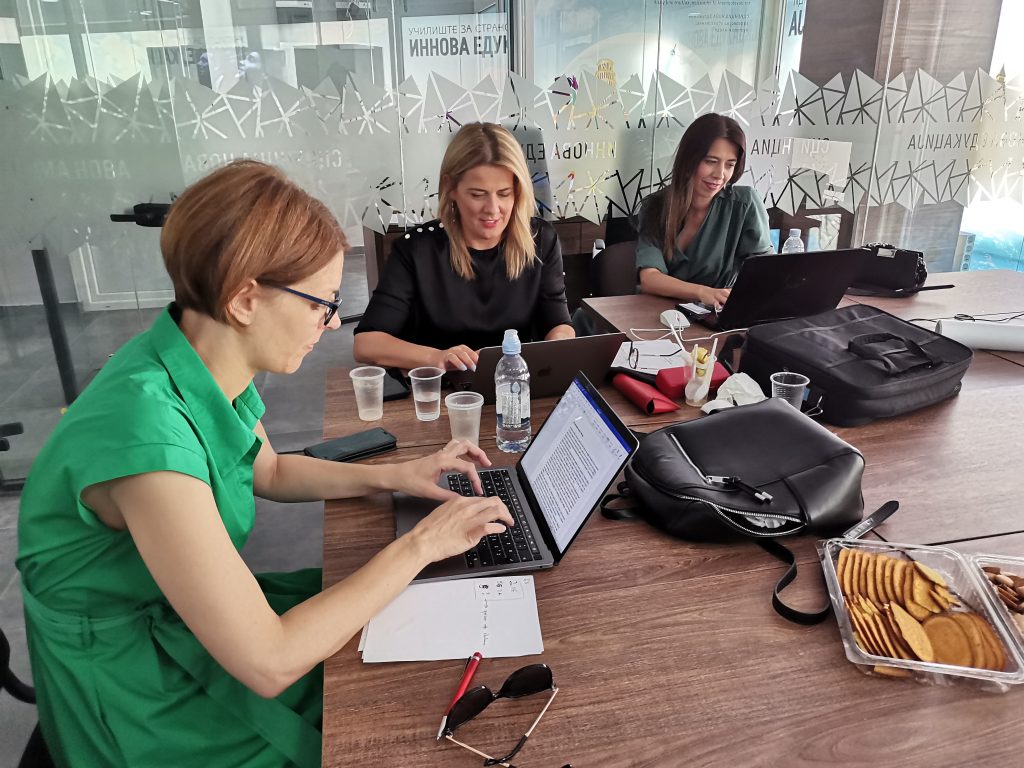
AIMS:
Equipping the teachers with digital skills, tools and methodologies in order to answer and address the needs of the students in the field of innovation, digital tools and creating platforms etc. Improving IT, social software and the use of multimedia can enhance existing curriculum delivery and improve learning experience supporting educators’ practice.
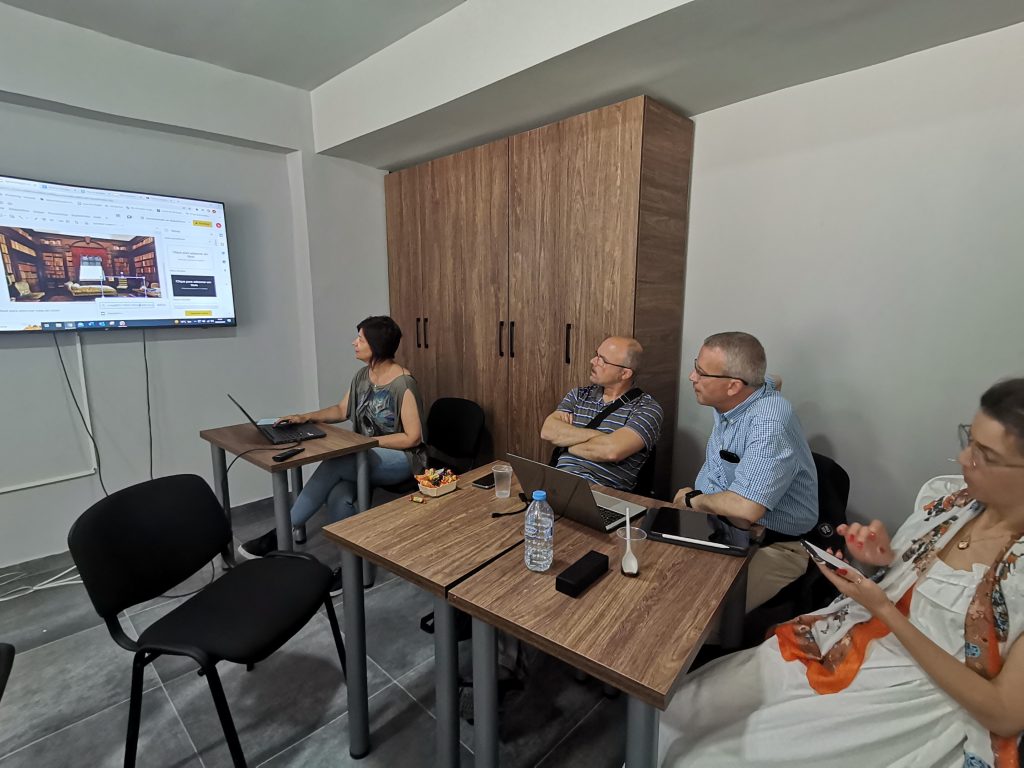
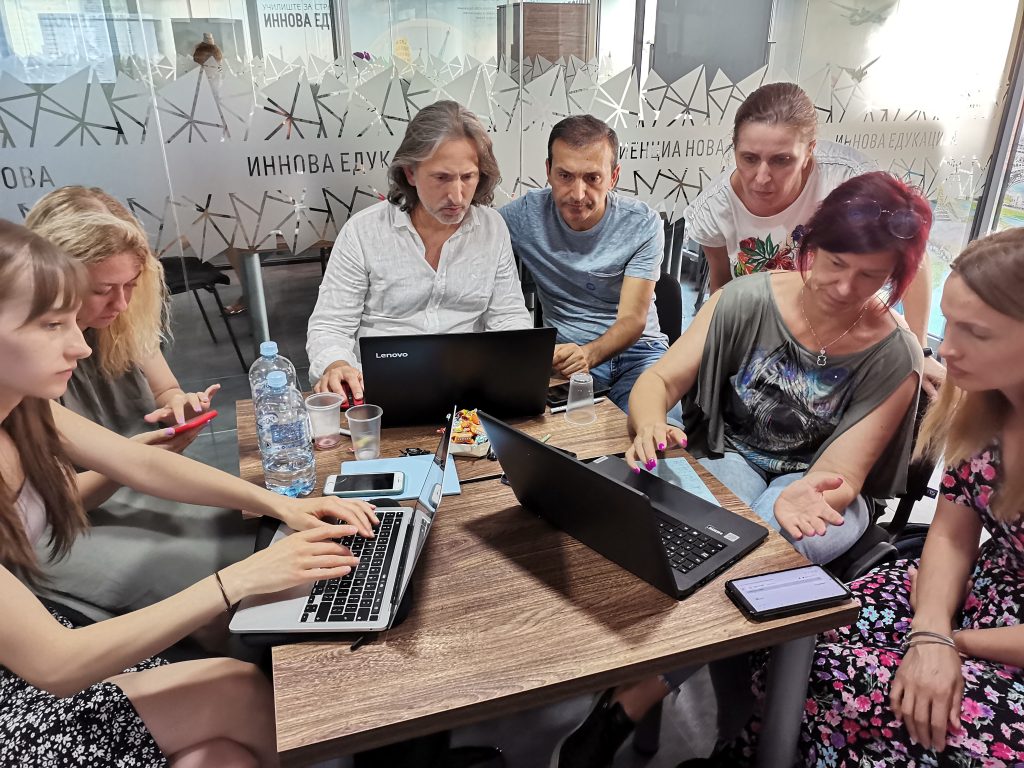
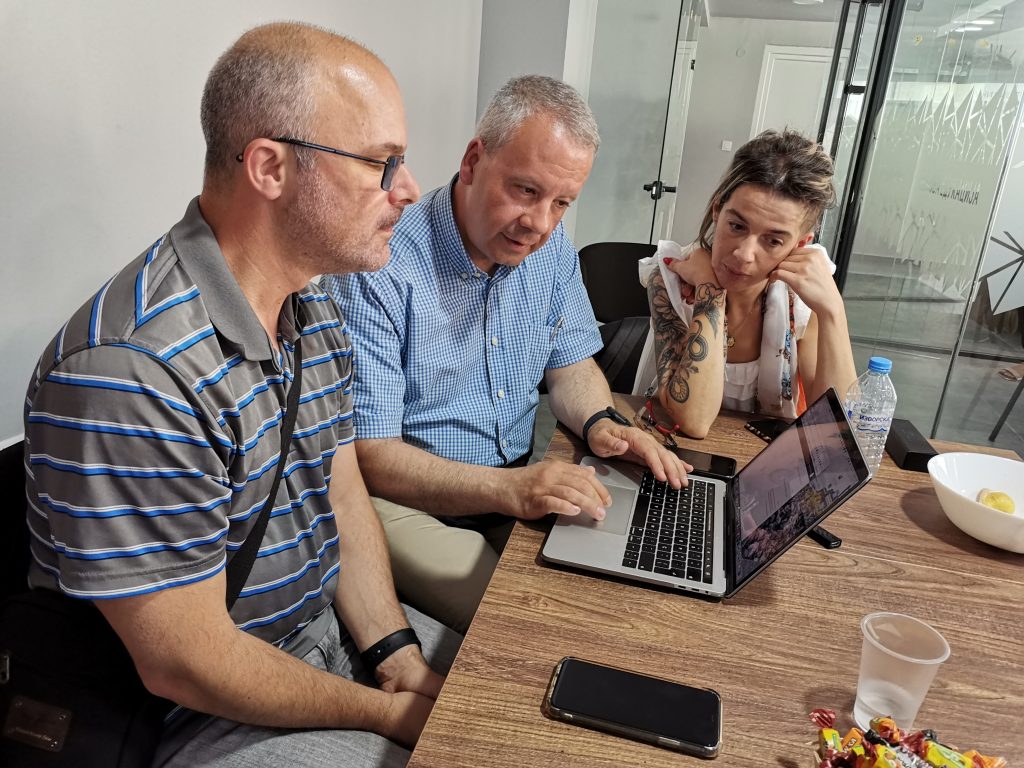
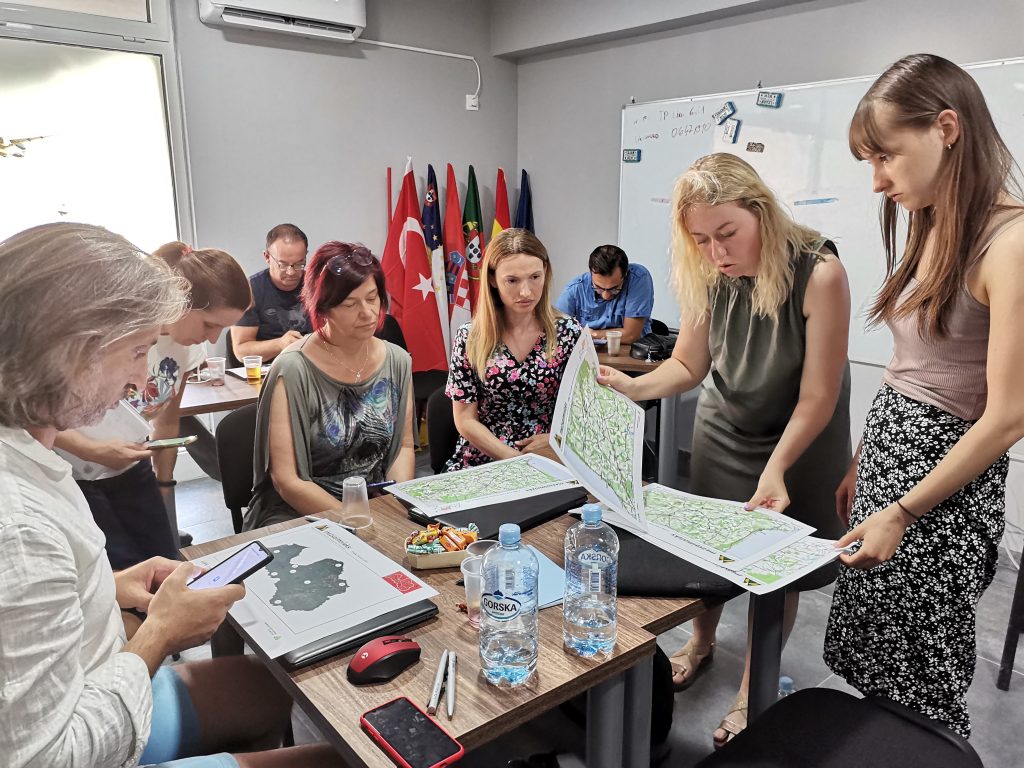
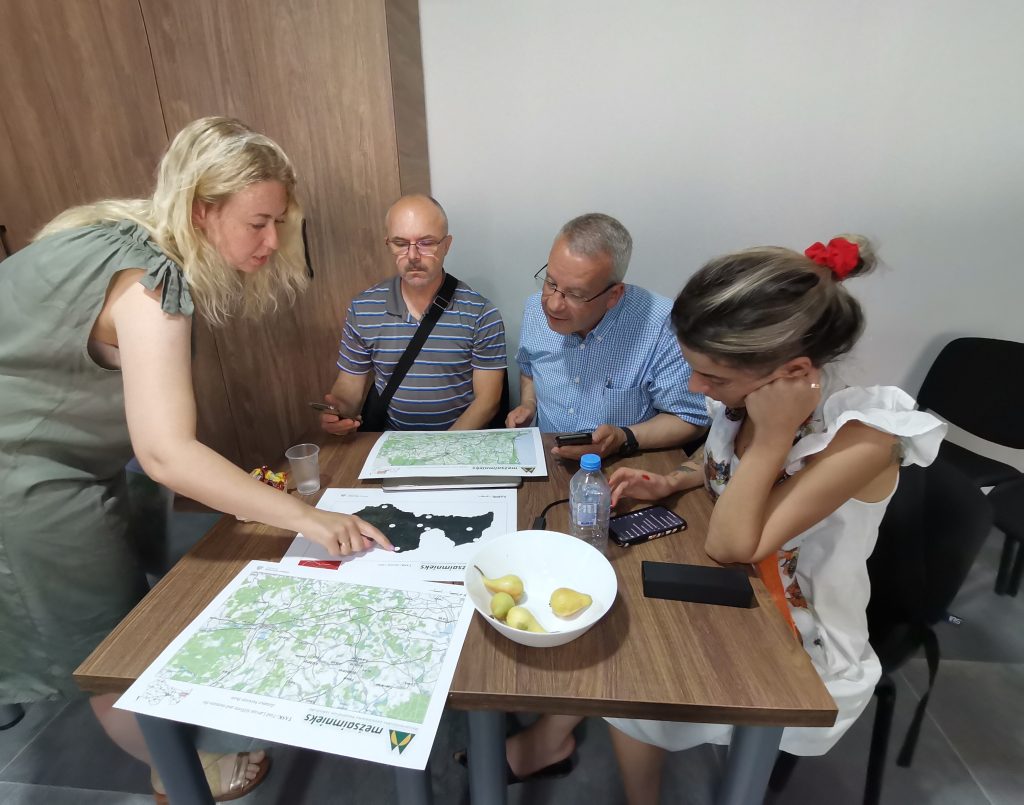
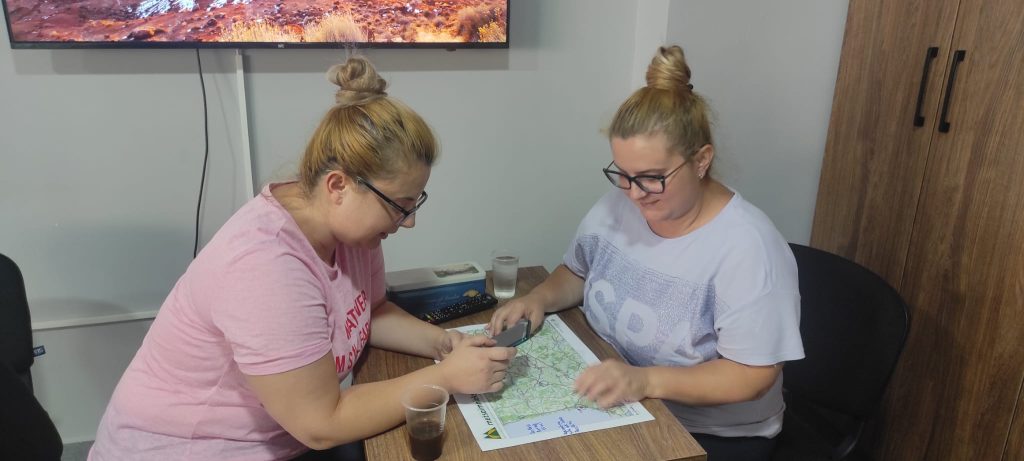
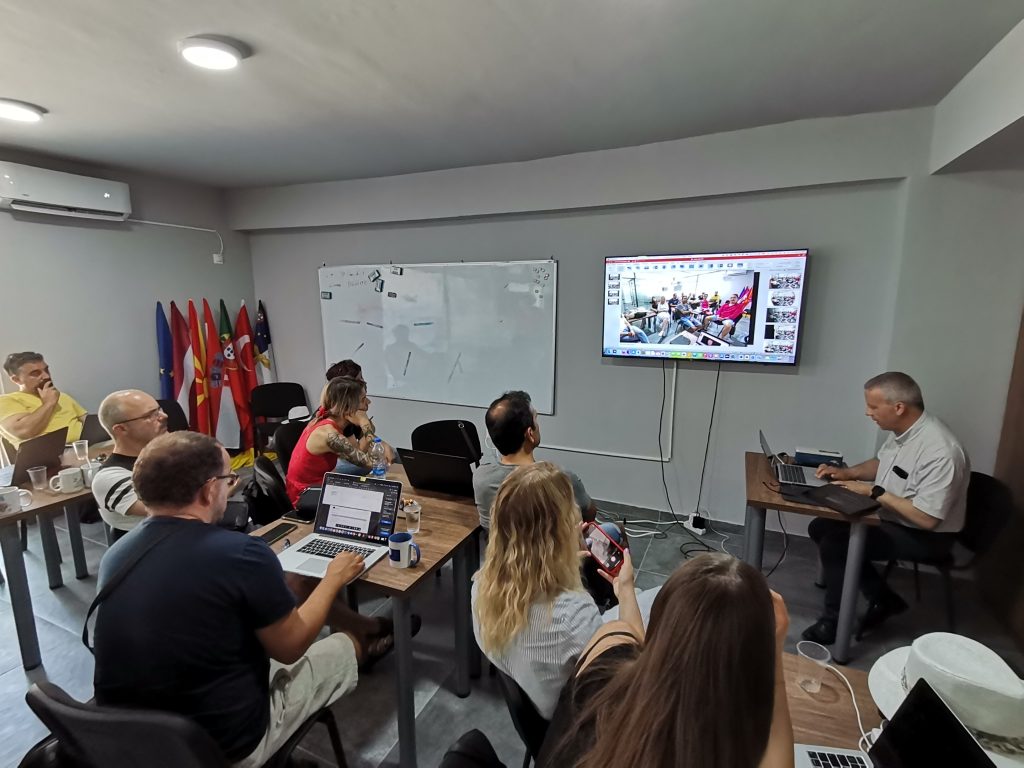
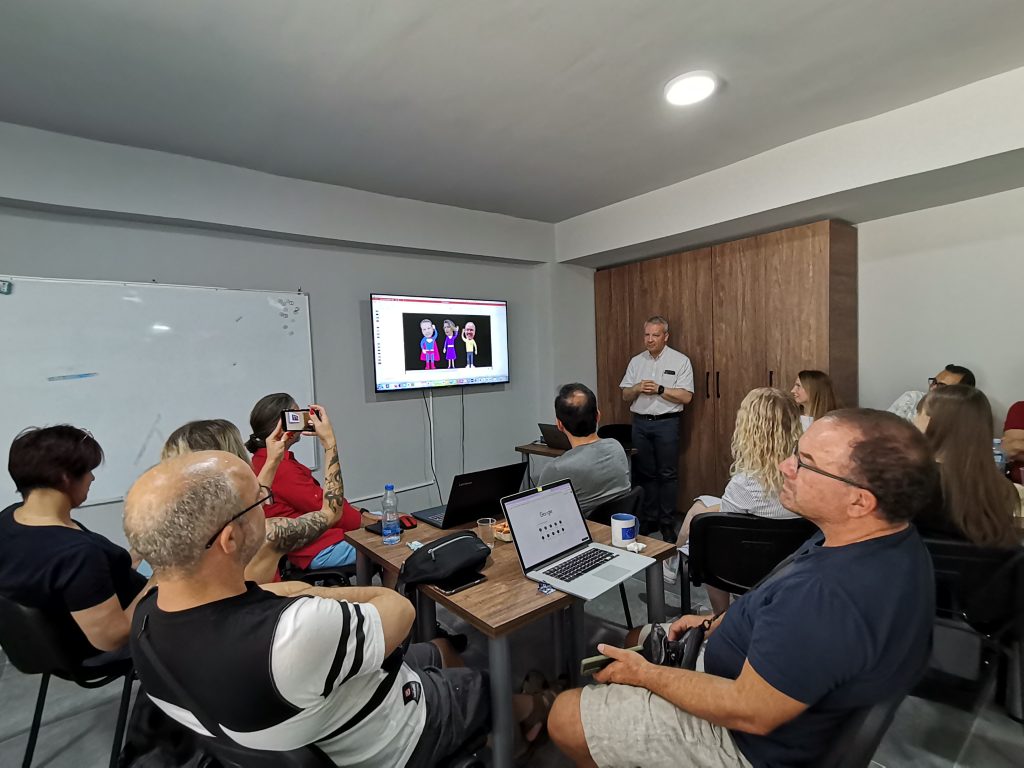
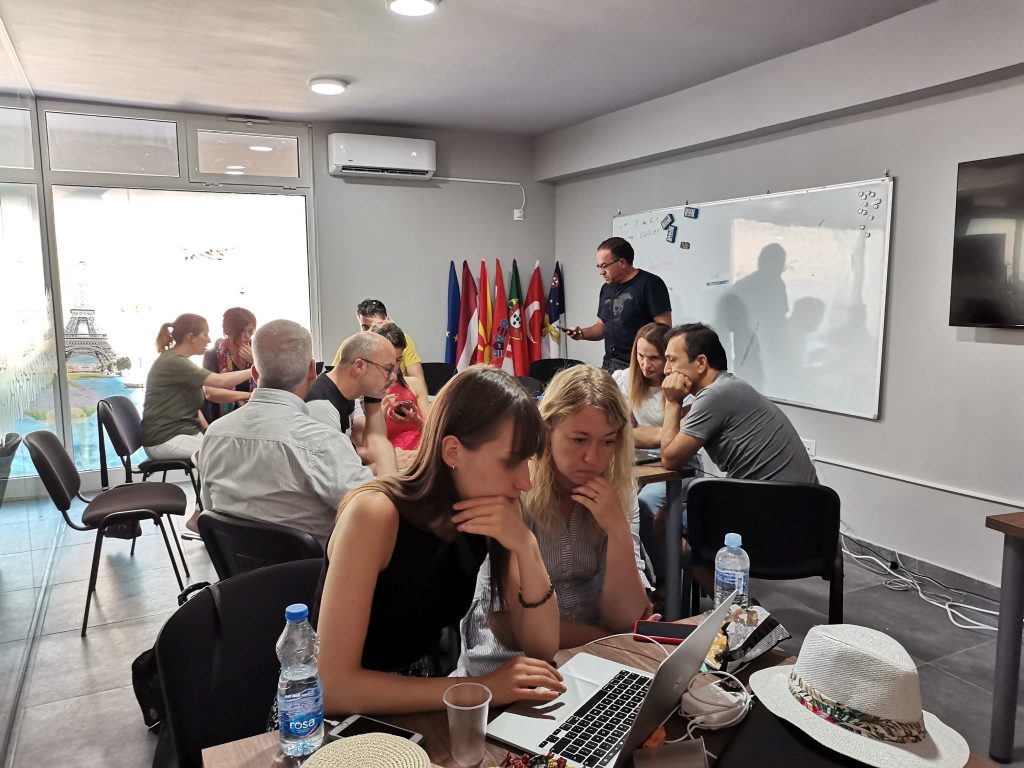
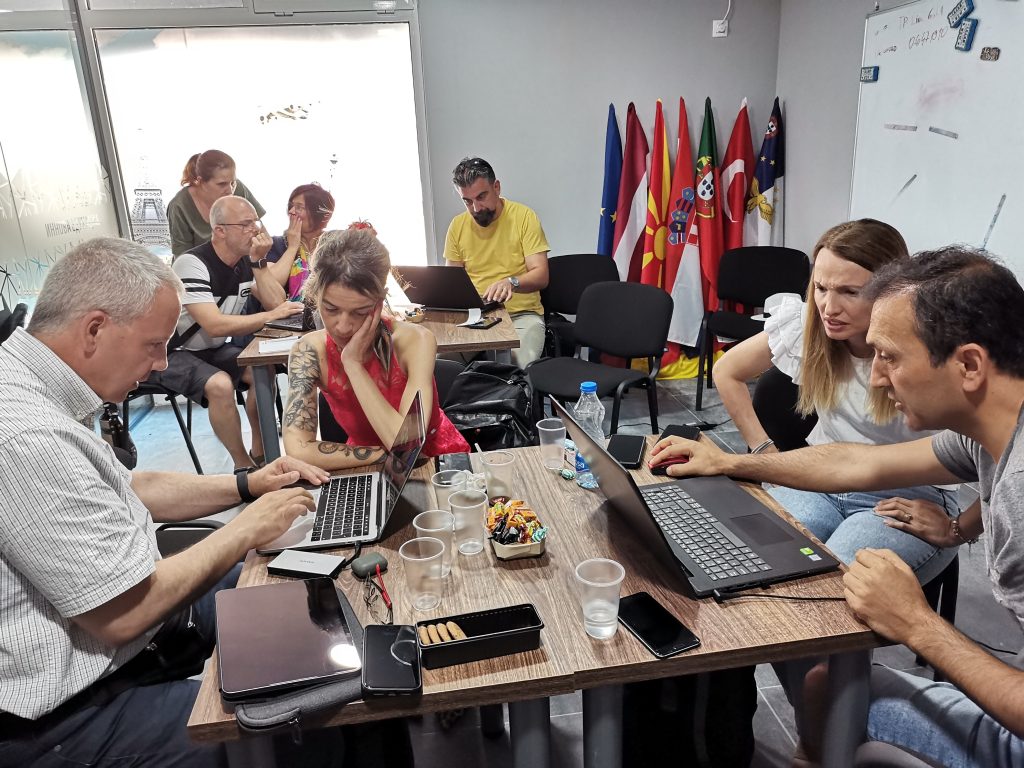
RESULTS:
As first training activity, the participants presented project partners’ schools and organizations, project partners’ educational systems and good practice. They were introduced with Our Modern Classroom with Technologies (use some interesting practice, games, videos and engaging the participants (Bookcreator, Simpleshow, Learning designer)); LMS Moodle – Understanding the importance of current e-learning and blended learning trends in education; How to create lessons with interactive videos?; Using audio/video IT applications for creating audio/video project-based products; What does it mean that a student is performance-oriented?; Workshops conducted by project partners on creating more engaging and motivating activities for students: – New features of Microsoft PowerPoint, Virtual Escape room; Applications for orienting; App LVM GEO; Powtoon etc. Also, the participants were introduced with the cultural heritage of North Macedonia with study visits of UNESCO protected Ohrid and Ohrid region and Skopje – the capital of North Macedonia.
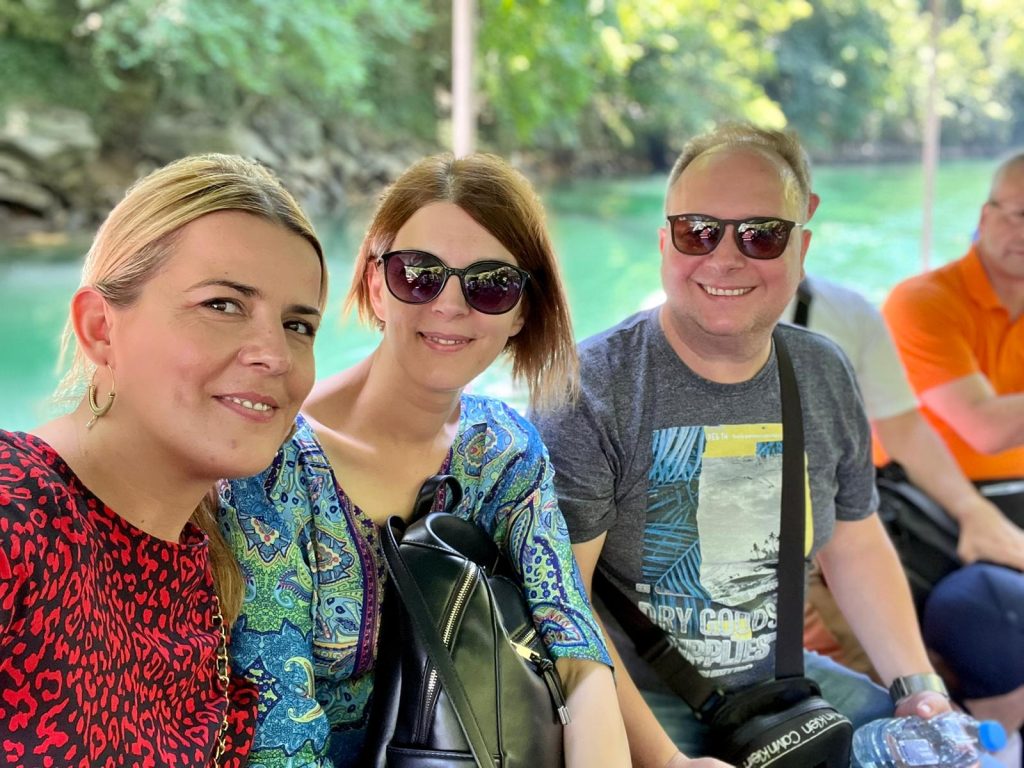
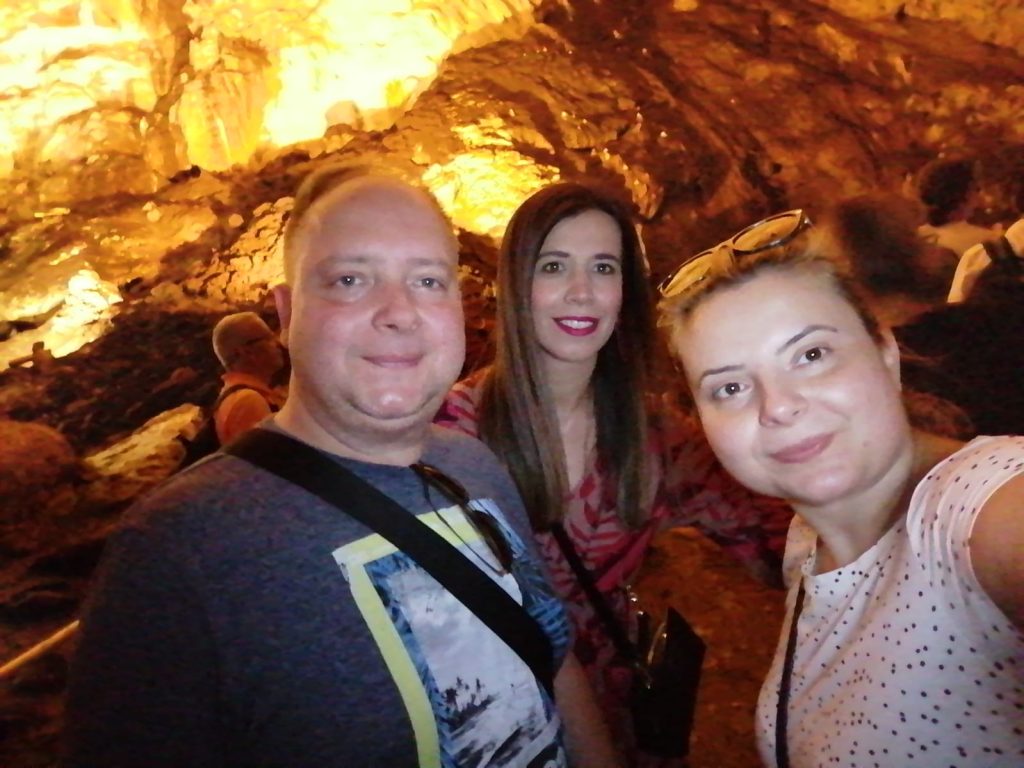

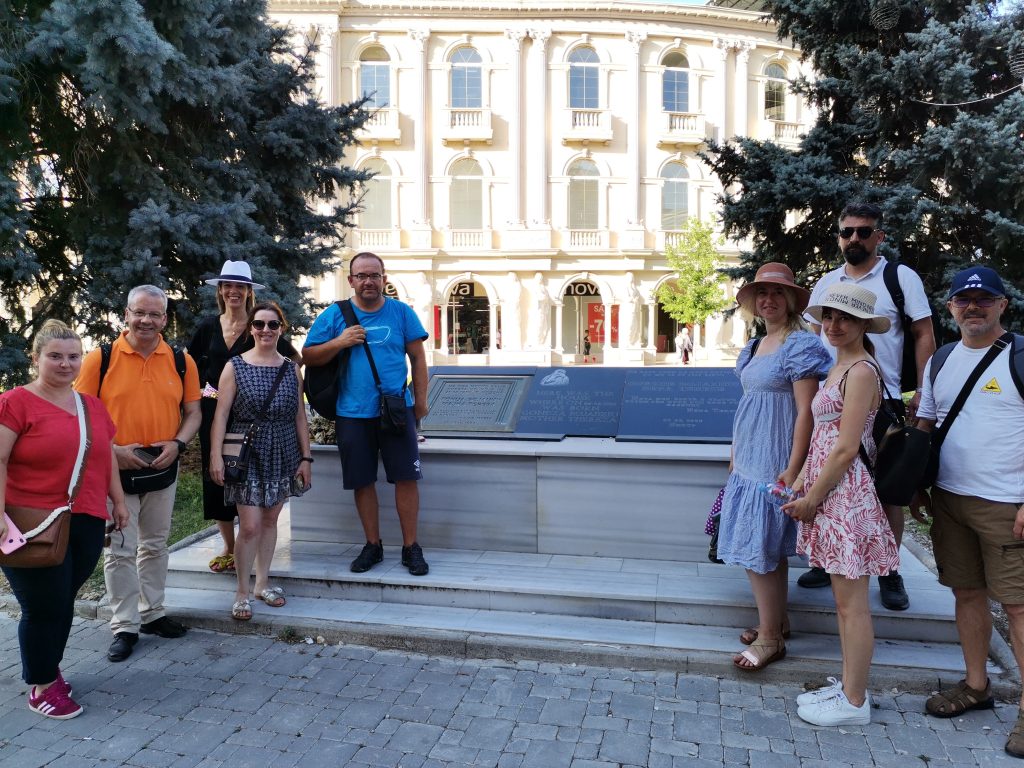
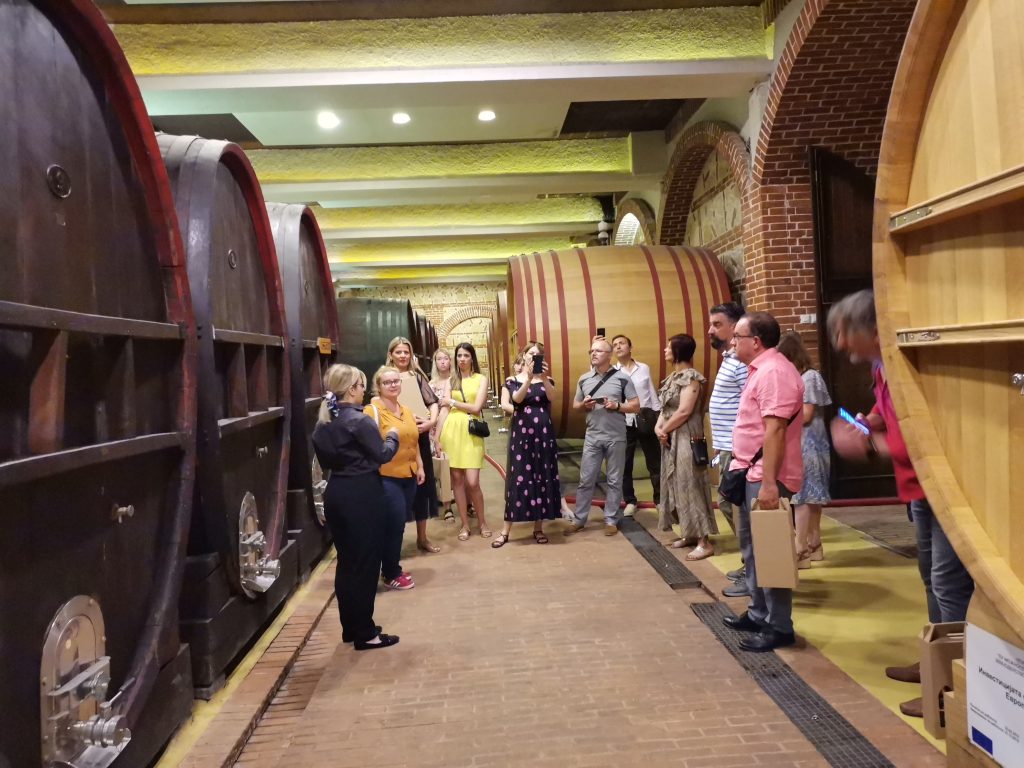
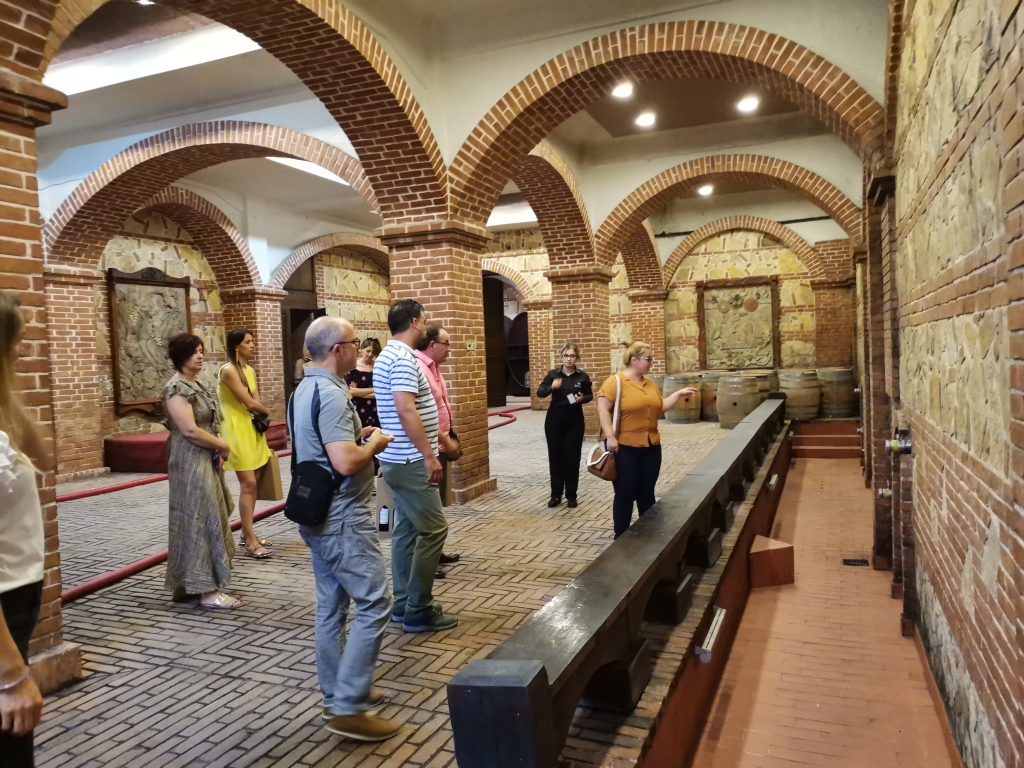
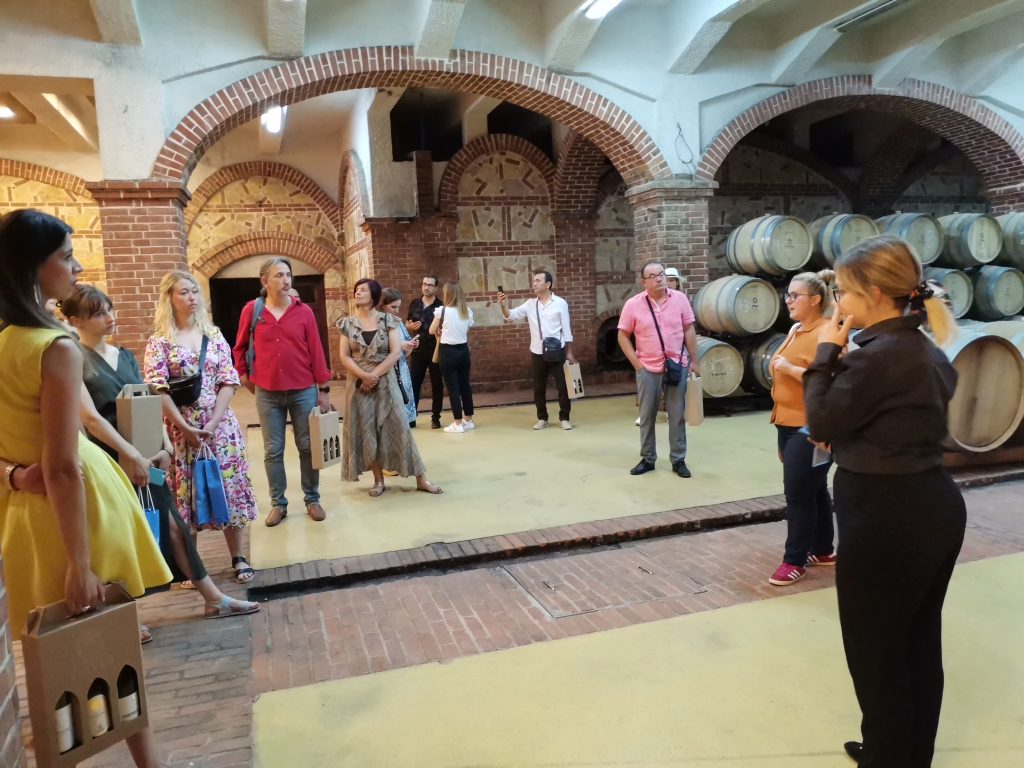
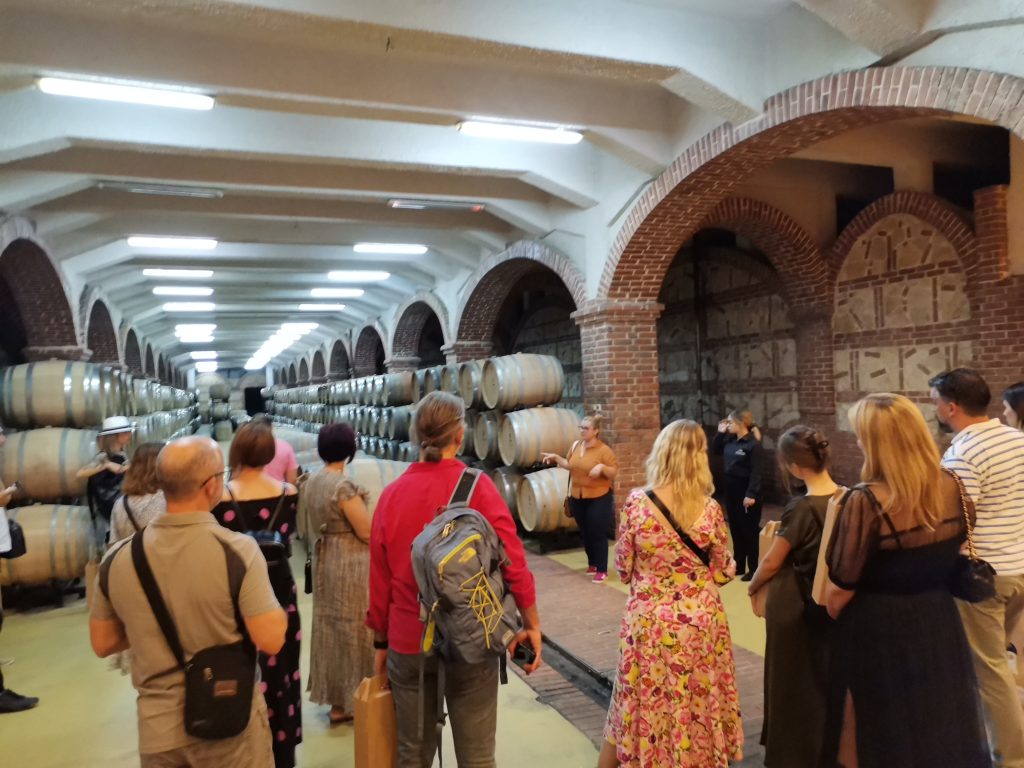
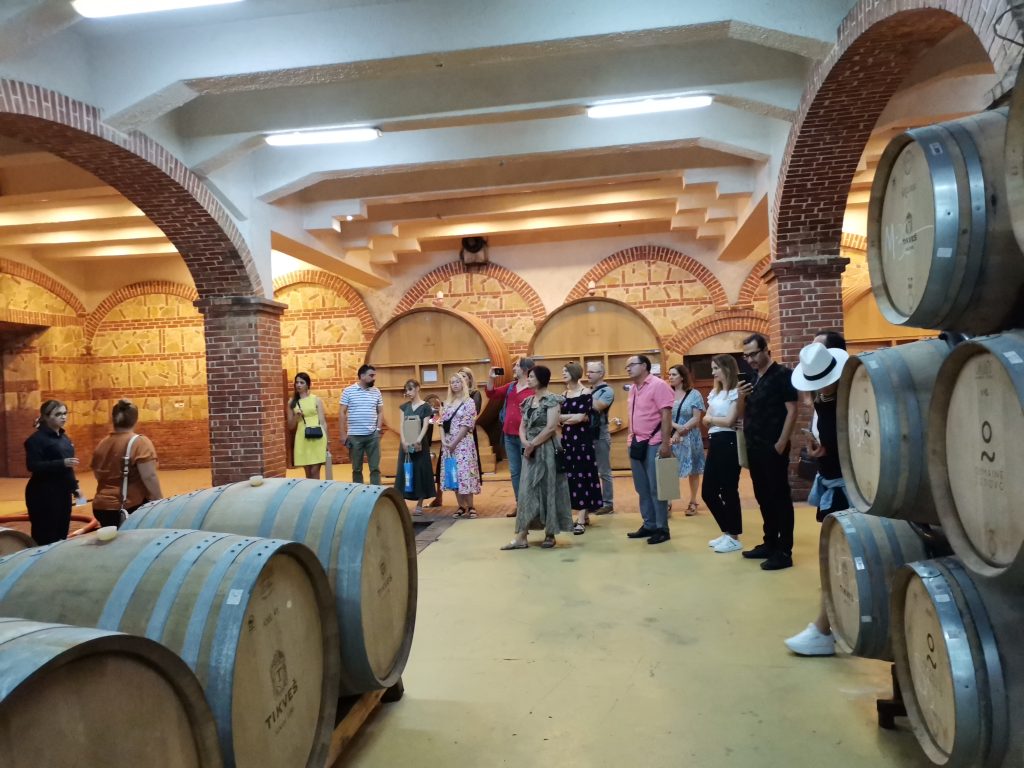
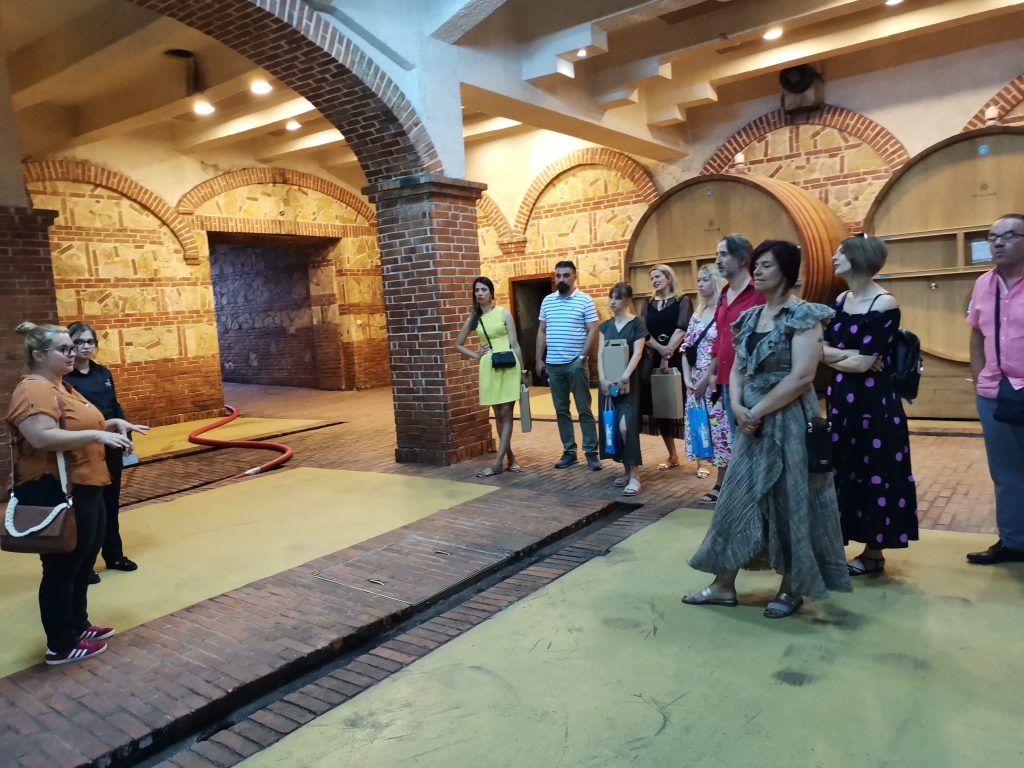
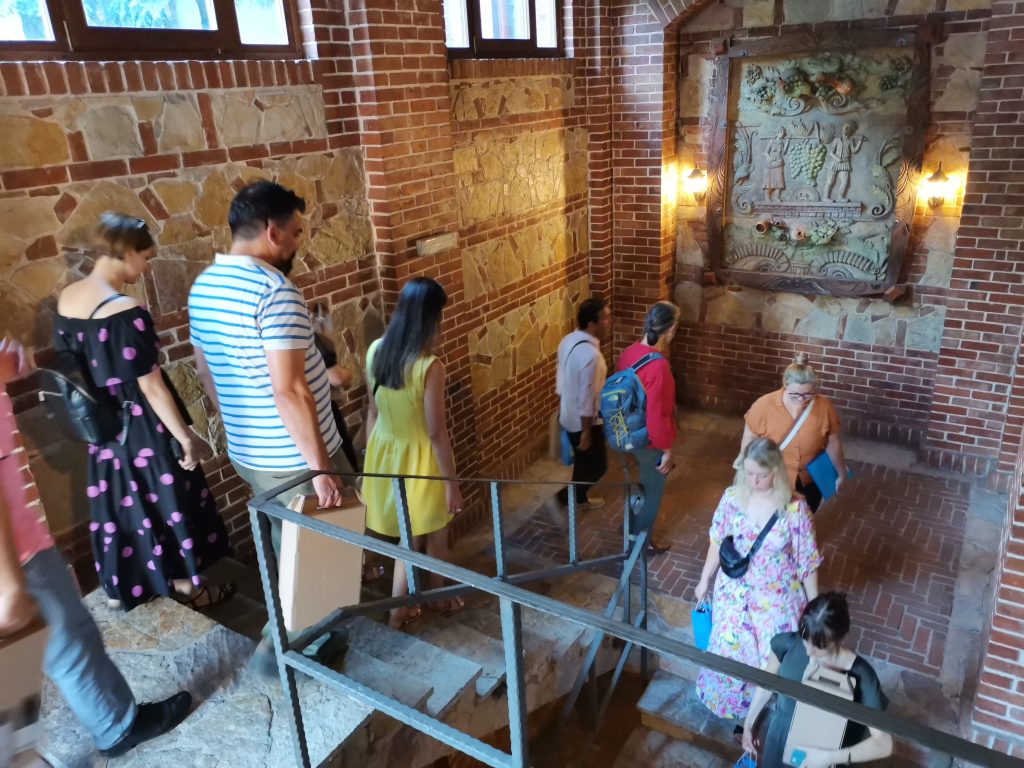
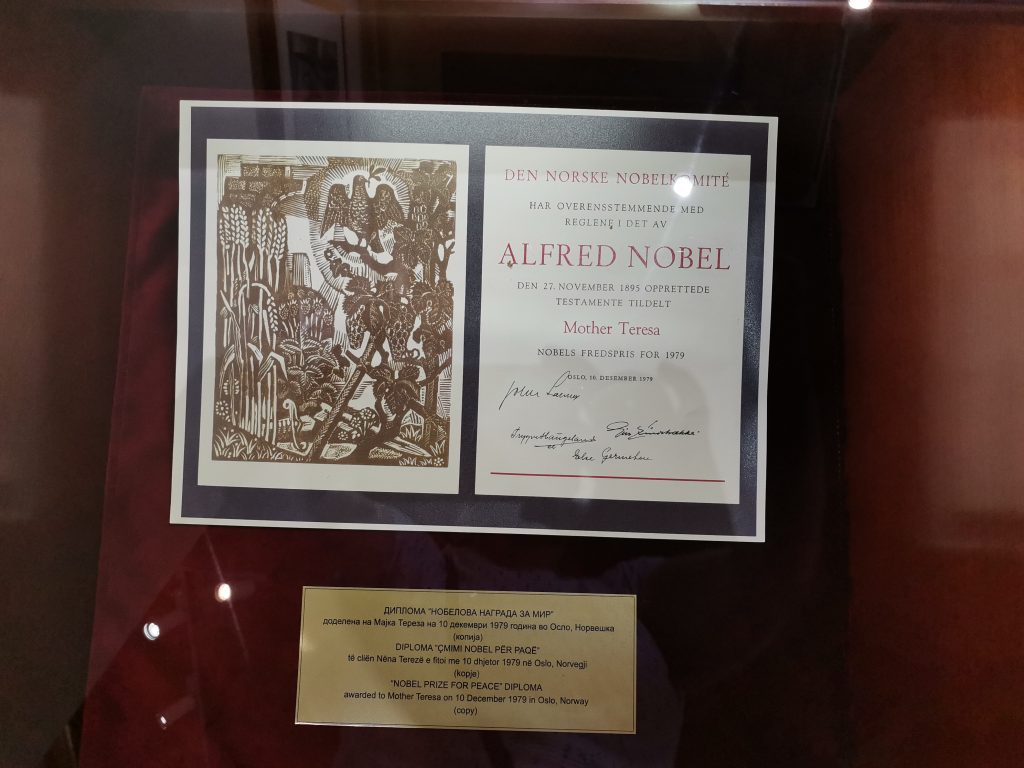
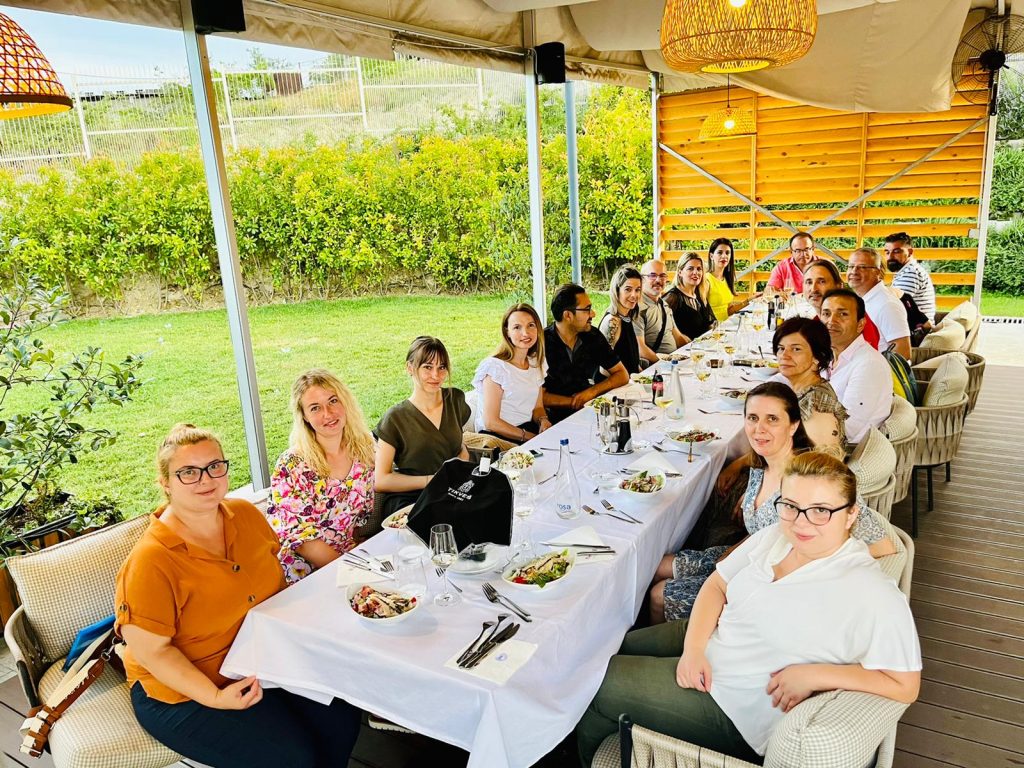
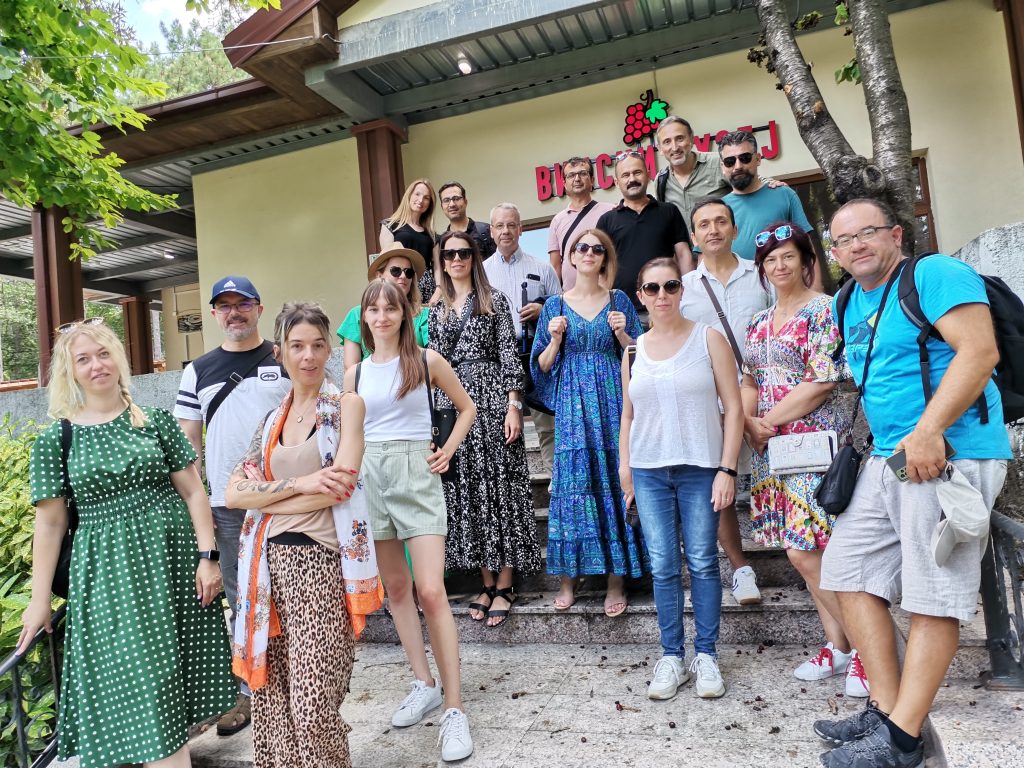
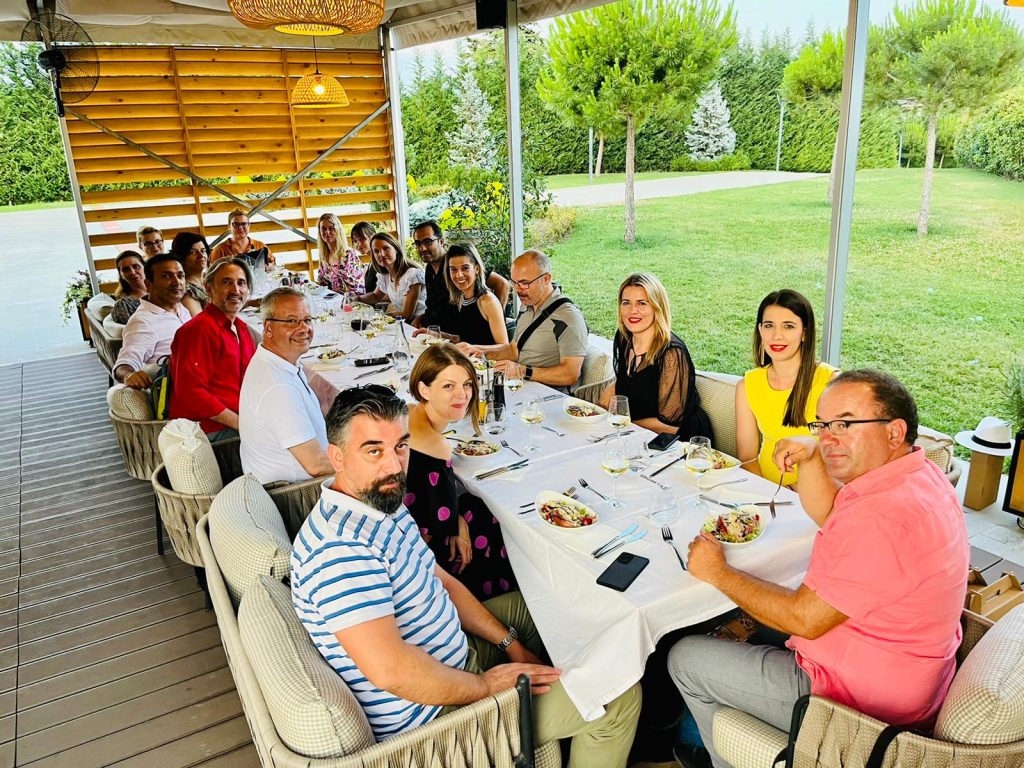
PARTICIPANTS:
In C1 participated 22 participants from which 11 were teachers from partner schools, 5 educators from SDZ, 2 from METIS and 4 educators from SCIENTIA NOVA.

Funded by the European Union. Views and opinions expressed are however those of the author(s) only and do not necessarily reflect those of the European Union or the European Education and Culture Executive Agency (EACEA). Neither the European Union nor EACEA can be held responsible for them.


